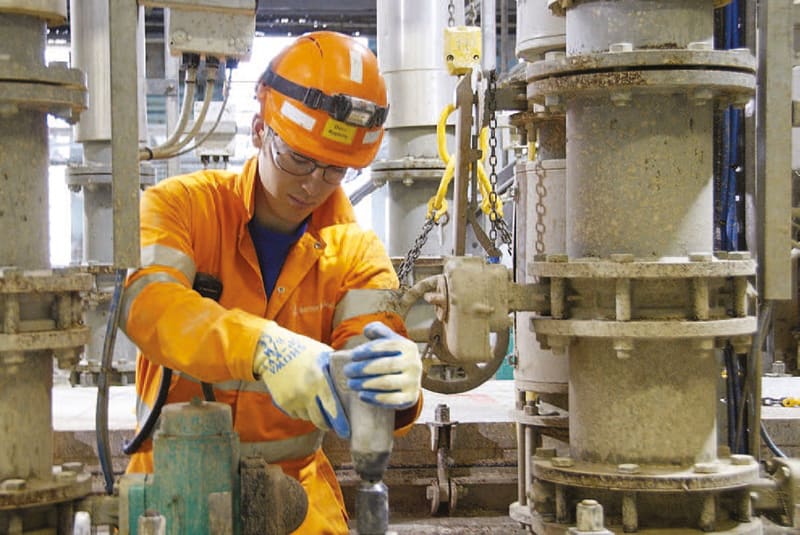

British Sugar is the leading supplier of sugar in the UK and produces more than 1 million tonnes of sugar in the UK. It has one of the leading British brands, the Silver Spoon brand. Over the last twenty years, more than £1 billion has been invested in their factories to remain competitive and make the most of science and technology to become an advanced and sustainable manufacturer. The company employs more than 900 people with offices in Wissington, Newark, Bury St. Edmunds and Cantley. The company is challenged to reduce cost/ton to remain competitive in a global market.
The task
British Sugar operates in a world where European regulation is being phased out. This means that British Sugar must be ready to compete with other companies and other countries. A productivity increase for the primary process is unavoidable. British Sugar has used this to reassess the maintenance strategies of all installations using the RE roadmap.
The approach
At British Sugar, an RCM method has been introduced for critical systems in the sugar factories, whereby multidisciplinary teams look at realistic causes of failure, the current maintenance strategy, the plans implemented and the spare parts stock for each installation. An action holder is immediately appointed for the desired changes and progress is coordinated centrally. The experiences of the various factories are exchanged in order to learn from each other.
Mainnovation’s added value
Mainnovation quickly analysed a large number of systems in a pragmatic manner and the improvement actions were actually implemented. The implications for maintenance costs of the improvements are also monitored, and across the factories we see an improvement in the content of the maintenance plans combined with an increase in cost-reducing, preventive strategies.
A large number of systems were quickly analysed in a pragmatic manner

more cases
-
![]()
VDMXL Audit and support implementation improvement plan at Lantmännen Unibake Mouscron
Food & Beverage -
![]()
-
![]()





Social